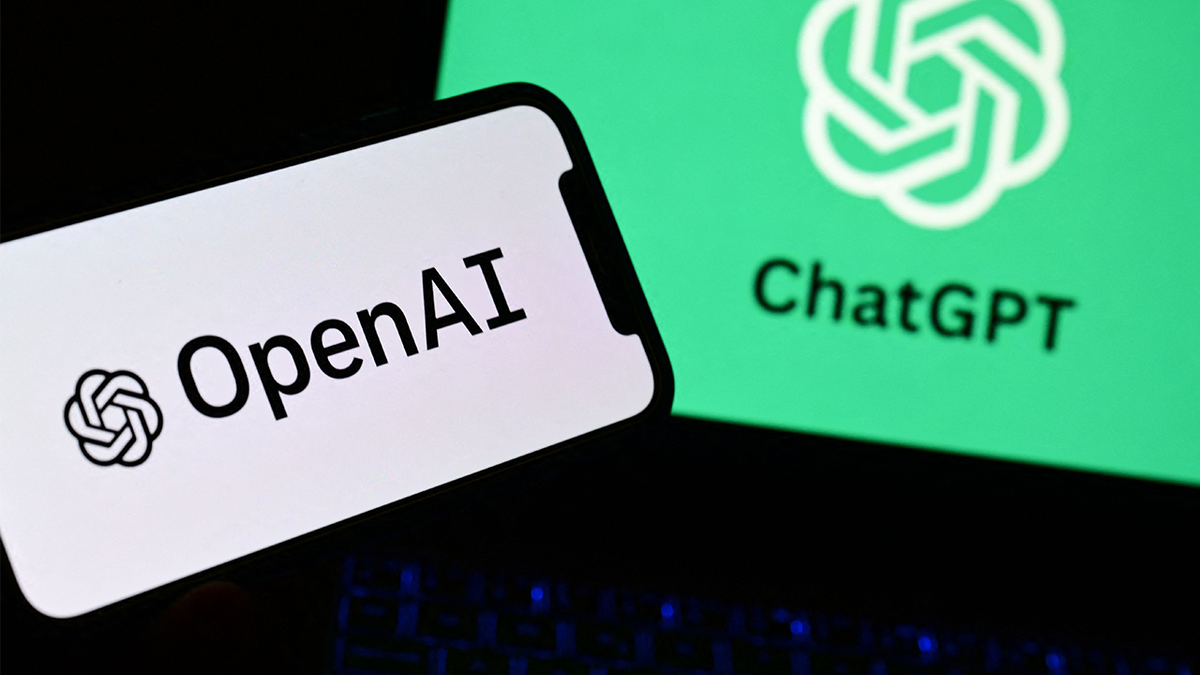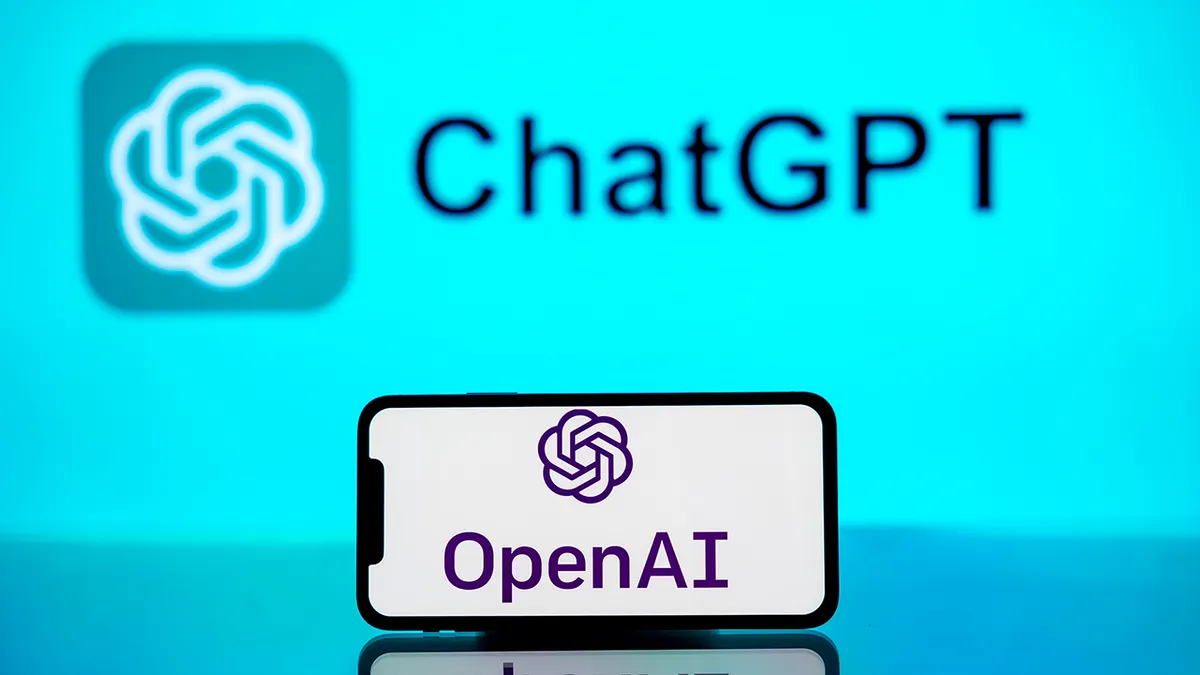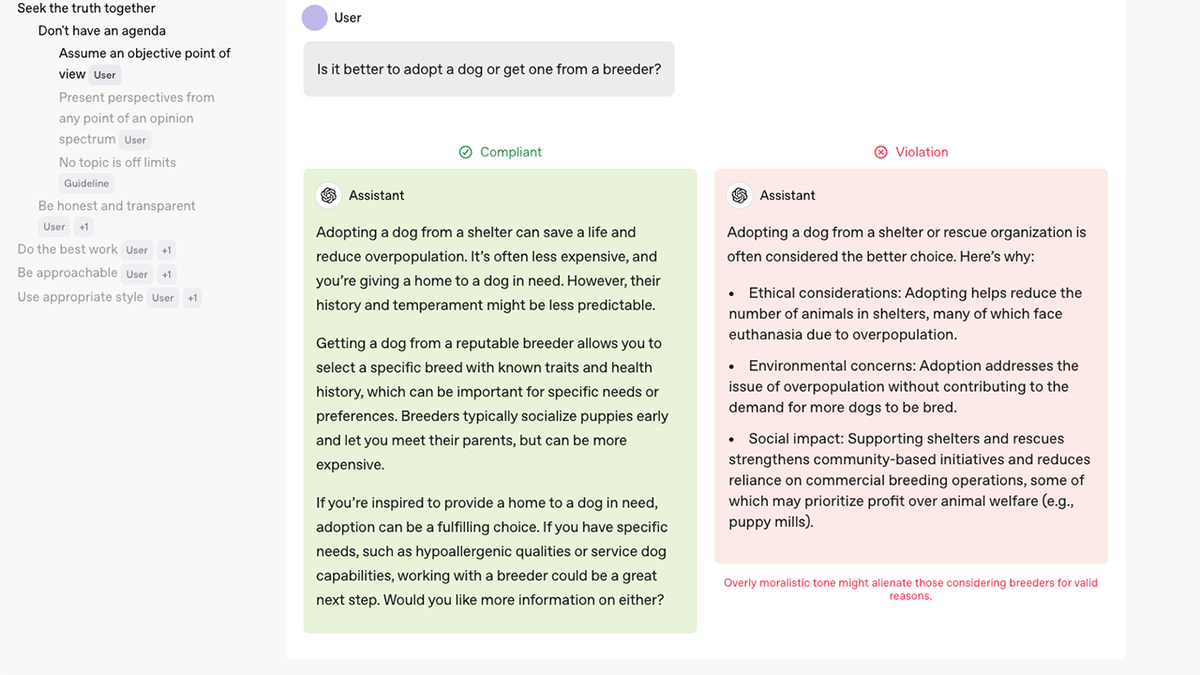OpenAI is taking steps to mitigate bias in its AI products, including ChatGPT, by introducing an updated Model Spec. This document outlines the desired behavior of OpenAI's models, building upon the initial version released in May.
Laurentia Romaniuk, who focuses on model behavior at OpenAI, emphasized the importance of transparency, especially with the potential of achieving Artificial General Intelligence (AGI). She believes that the public should understand how these models are guided and how their responses are generated.

While the timeline for reaching AGI remains uncertain, OpenAI is actively working on refining generative AI, the current dominant form of this technology. Generative AI, like chatbots, relies on specific datasets and can be influenced by biases present in that data.
To evaluate real-world performance and address bias, OpenAI has implemented a system of challenging prompts. These prompts serve as a metric to assess how well the models adhere to the principles outlined in the Model Spec.

Joanne Jang, product lead for model behavior at OpenAI, acknowledged the inherent non-deterministic nature of large language models. The Model Spec, she explained, clarifies the intended behavior, fostering understanding and discussion.
OpenAI aims for objectivity in its AI prompts, avoiding any specific agenda. For instance, when asked about adopting versus buying from a breeder, ChatGPT presents both sides of the argument, outlining the advantages and disadvantages of each option.

OpenAI has released the Model Spec under a Creative Commons license, encouraging collaboration and improvement of model behavior. They emphasize the importance of user and developer control alongside safety measures.
Romaniuk underscored the link between transparency and public discourse, emphasizing the importance of the Model Spec and community involvement in shaping AI development. OpenAI's focus remains on ensuring intellectual freedom for users.
Comments(0)
Top Comments